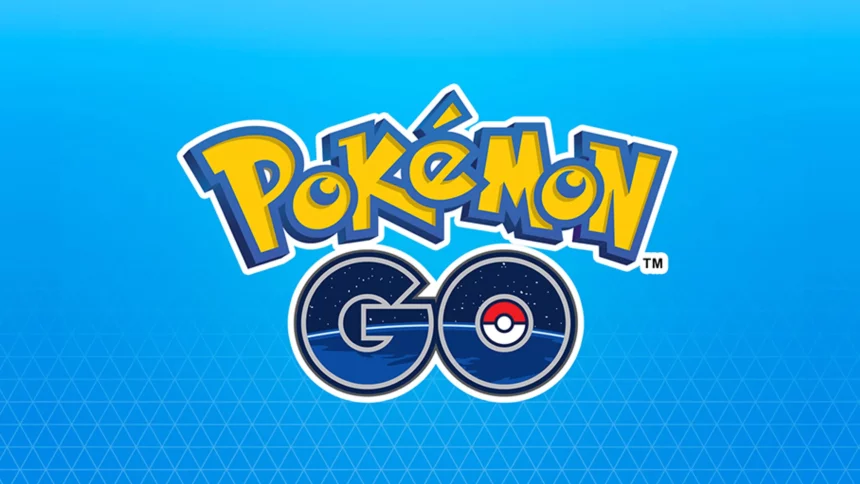Niantic, the game studio behind the wildly popular mobile game Pokemon Go, has recently come under fire for its decision to nerf the effectiveness of remote raid heavy passes. This move has been criticized by many players, who feel that it makes it more challenging to participate in raids and obtain rare Pokemon. However, the situation was even worse when Niantic tweeted a joke about the changes, which was quickly deleted due to backlash from the community.
Niantic announced the remote raid pass changes on April 15, 2021, and surprised many players. During the COVID-19 pandemic, remote raid passes were a helpful tool for players to participate in raids without physically being present at the location. However, the changes made it much harder to participate in remote raids, as the passes now only provide a limited number of attempts to catch the Pokemon being raided.
Understandably, many players were upset by this change and took to social media to voice their displeasure. Despite this, Niantic remained quiet until April 26, when they tweeted a joke about the situation. The tweet claimed that “going outside” had received a 95% rating from critics and a perfect audience score, ending with the hashtag #getoutside.
While the tweet was likely intended to be humorous, it was perceived as tone-deaf by many players who felt it was inappropriate to promote going outside during a pandemic when people were encouraged to stay indoors. The backlash was swift, with many players expressing disappointment and frustration with Niantic’s tweet.
The tweet was quickly deleted after screenshots were taken and shared on social media. This only exacerbated the situation, as players felt that Niantic was not taking their concerns seriously and was instead making light of the issue.
Mask off. Niantic is 100% straight up trolling the playerbase now.
by u/NumeralJoker in pokemongo
One of the players’ most significant issues with Niantic’s response is that it was the first time the studio publicly acknowledged the complaints about the remote raid pass changes. For many players, this tweet was evidence that Niantic was aware of the complaints but ignored them, worsening the situation.
Furthermore, the tweet was incredibly insensitive to players who are unable to go outside frequently, whether due to disability, unsociable working hours, or living in regions with harsh weather conditions. These players felt that Niantic’s tweet did not take into account their unique situations and showed a lack of empathy for their struggles.
The situation highlights the importance of listening to player feedback and addressing concerns promptly and appropriately. Niantic’s lack of response to the complaints about the remote raid pass changes only fueled player frustration and resentment. When Niantic finally acknowledged the issue, they did so in a way perceived as insensitive and dismissive.
The incident also underscores game studios’ challenges when balancing players’ needs with the business realities of running a successful game. While it is understandable that Niantic would want to change the game to keep it fresh and engaging, it is also essential to consider the impact those changes will have on players.
In this case, the remote raid pass changes made it harder for many players to participate in raids and obtain rare Pokemon. This led to frustration and a sense of unfairness among players, who felt that their efforts and investments in the game were being devalued. Niantic’s response to these concerns further alienated players and eroded their trust in the studio.
Moving forward, it will be necessary for Niantic and other game studios to take player feedback seriously and respond promptly and appropriately. While it is impossible to please everyone all
In video games, developers and studios constantly look for ways to improve their products and keep players engaged. This is especially true for mobile games, which often rely on regular updates and new features to keep players coming back. However, when changes are made, players do not receive that well, which can lead to controversy and backlash.
The changes significantly reduced the number of free passes available to players. They increased the cost of purchasing additional passes, leading to accusations of greed and punishment towards players unable to leave their homes. The situation escalated when Niantic tweeted a joke about the controversy, which faced intense backlash and was quickly deleted.
This highlights the importance of game studios taking player feedback thoughtfully and responding appropriately, such as establishing clear channels for feedback and being transparent about decision-making processes. By doing so, studios can minimize the risk of backlash and maintain a positive relationship with their player base.


